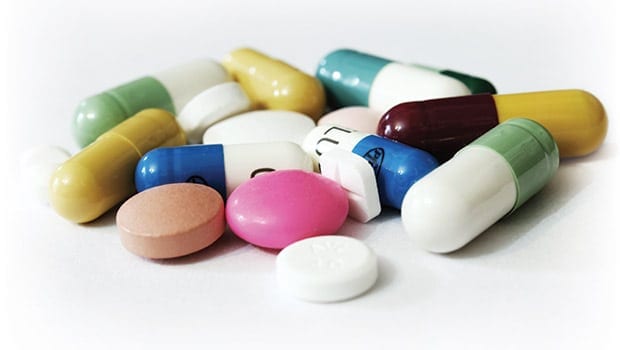
Hypertension, also known as high blood pressure, is a common medical condition that affects approximately one out of three adults in the United States. Most people who have high blood pressure might not have any symptoms. Having uncontrolled blood pressure can lead to many health problems that can affect your eyes and kidneys and other organs. If you have been told that you have high blood pressure, it is important to reach your blood pressure goal and maintain it over time. Blood pressure goals can vary from person to person, so talk with your healthcare provider to learn your individual plan.
There are many things that you can do to improve your blood pressure. You can lose weight if you are overweight or obese, reduce the amount of salt in your diet, stop smoking, reduce your alcohol intake, increase your physical activity and eat a healthy diet. Medications can help too. The most commonly prescribed drugs and their side effects are discussed below.
Diuretics (Water pills): Do you take any drug called hydrochlorothiazide or furosemide? If so, then you are on a “water pill.” These drugs work by removing extra salt and water from the body. Common side effects include excessive urinating, always feeling thirsty, headaches and muscle pains. Ask your healthcare provider to check your sodium (another word for salt) and potassium levels regularly. Take this drug in the morning to avoid waking up in the middle of the night to go to the bathroom. Some people who take these drugs may need to take supplements or eat bananas regularly.
ACE inhibitors: Do you take any drug that ends in “pril” such as lisinopril, enalapril or quinapril? These drugs work to block a chemical in the body called angiotensin, which is responsible for narrowing your blood vessels. This allows the vessels to widen and relax, thereby reducing your blood pressure. These drugs also protect your kidney, an advantage if you have diabetes or kidney disease. Some people who take these drugs can develop a dry, hacking cough. Other common side effects include rash, muscle pain and changes in kidney function. If you are pregnant or thinking of becoming pregnant, you must not take this medication. It’s been found that ACE inhibitors can cause injury and death to the developing fetus.
Calcium channel blockers: Do you take a drug called amlodipine, nifedipine, verapamil or diltiazem? If so, then you are on a calcium channel blocker. These drugs help the heart relax and work better. Common side effects include headache, constipation, nausea and lower ankle swelling. Calcium channel blockers are considered one of the “drugs of choice” in treating high blood pressure in the African American population. Studies show that hypertension in some blacks is better controlled with calcium channel blockers than ACE inhibitors or beta blockers.
Beta blockers: Do you take a drug that ends in “lol” — for example, metoprolol, atenolol or propranolol? If so, then you are on a beta blocker. They help lower blood pressure by decreasing how fast and how hard the heart works. These drugs are also used for people who have had a previous heart attack. They can sometimes cause headache, fatigue, exercise intolerance and/or sad mood. If you have asthma or other breathing problems, talk to your healthcare provider, since some of these drugs can worsen breathing disorders. Also, if you have diabetes, beta blockers can sometimes mask the signs and symptoms of low blood sugar.
It is very important not to suddenly stop taking this medication or any other medication without first talking with your doctor.







